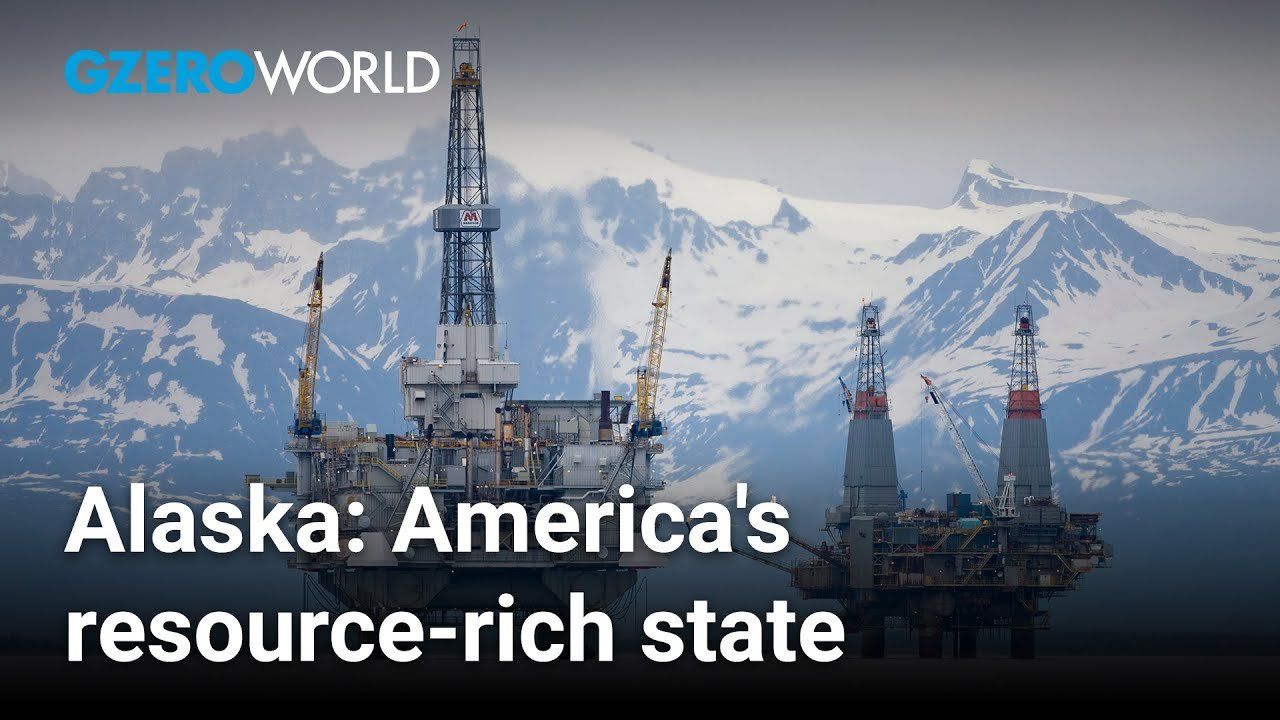Resource-rich Alaska is crucial to the future of energy in America — Gov. Dunleavy

On GZERO World with Ian Bremmer, Alaska Governor Mike Dunleavy paints a picture of the state as a powerhouse of energy and resources, stressing, "We are an energy and economic giant, and we are the Arctic and Western Pacific Sovereign for the United States of America." Dunleavy highlights its proximity to an abundance of natural wealth—including the world’s largest gold mine and North America's largest graphite mine. "We still have billions of barrels of oil. We have over a hundred trillion cubic feet of gas that we're trying to market," Dunleavy emphasizes, positioning Alaska as crucial to America's energy future.
And, he adds, Alaska’s ability to mine these valuable resources is happening despite, rather than thanks to, the Biden administration and its penchant to view the state as "a large national park.” This, according to Dunleavy, hinders Alaska's ability to fully leverage its resources, stating, "Oftentimes we are not supported in our efforts to develop lands in Alaska that could produce minerals, that could produce more oil and gas, that could harvest our timber."
Despite these obstacles, Dunleavy remains optimistic, predicting that "the next 50 years will belong to Alaska" due to its vast resource base and strategic global position. He envisions Alaska playing a pivotal role in the global energy market, both in fossil fuels and renewables, provided that federal attitudes and policies evolve to support rather than hinder the state's ambition
Watch full episode: As the Arctic melts, Alaska's importance grows
GZERO World with Ian Bremmer, the award-winning weekly global affairs series, airs nationwide on US public television stations (check local listings).
New digital episodes of GZERO World are released every Monday on YouTube. Don''t miss an episode: subscribe to GZERO's YouTube channel and turn on notifications (🔔).